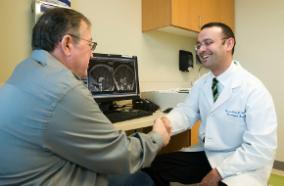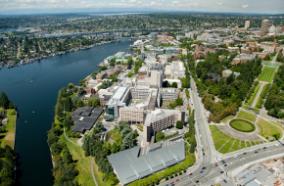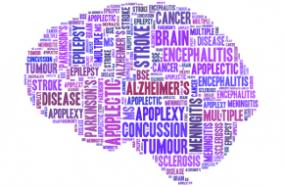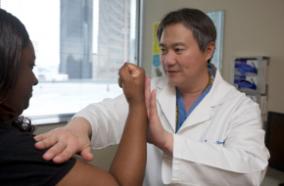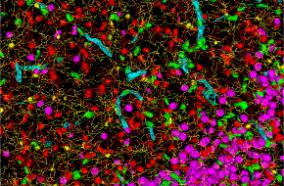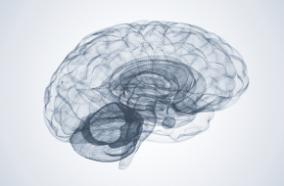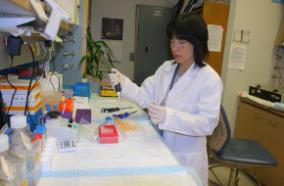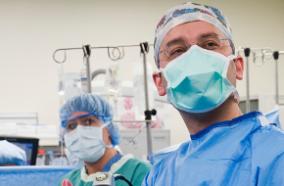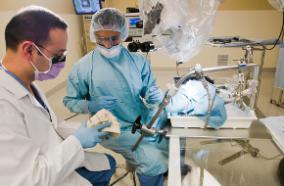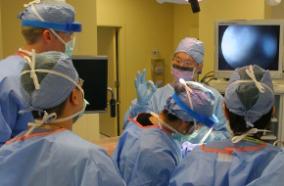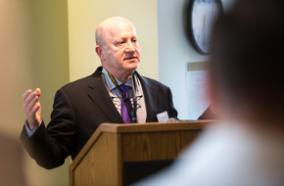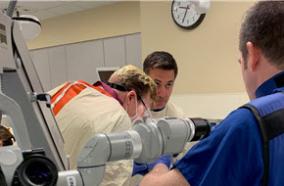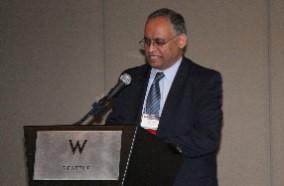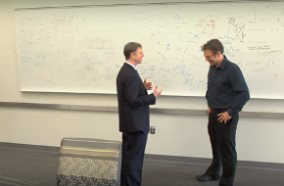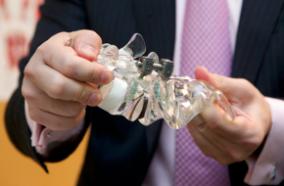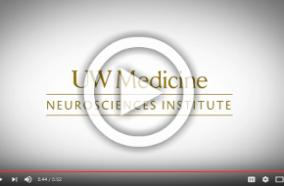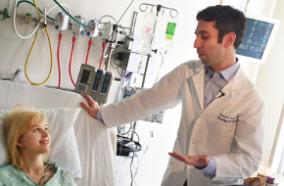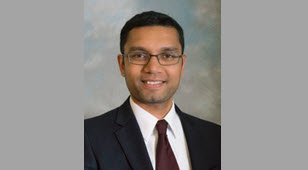
Dr. Anoop Patel, Assistant Professor in the Department of Neurological Surgery, and Director of the Neurological Tumor Repository at the University of Washington, is expanding the way clinicians and researchers discover methods to identify, track, and treat brain tumors. Dr. Patel is growing the UW repository of brain tissue samples and applying cutting-edge scientific methods to advance clinical care and outcomes for patients.
The Neurological Tumor Repository, informally known as the Brain Tissue Bank, was pioneered by John Silber, Ph.D., Research Professor Emeritus of Neurological Surgery. For the past 25 years, Dr. Silber, UW neurosurgeons, and neuro-oncologists have been collecting and storing patient directed samples to investigate the molecular basis of various brain diseases and cancers.
The highly trained staff of neurosurgeons, including Dr. Patel, in the Alvord Brain Tumor Center, performs more than 600 brain tumor operations every year. Dr. Patel has started to grow the physical infrastructure of the repository to ensure that a wide variety of brain tumors can be studied to uncover unique characteristics. Within the next year, Dr. Patel anticipates collecting 200-400 tumor samples via informed consent, ranging from benign tumors to glioblastomas, high and low grade gliomas, meningiomas, and cancers that have metastasized to the brain. By expanding the repository and affiliated database, UW neurosurgeons and researchers are uniquely positioned to study tissue samples and examine how a patient’s tumor can change over the course of treatment and disease progression.
As we enter a new decade of research and clinical innovation, Dr. Patel has great plans to extract as much information as possible from tumor samples that our patients’ so generously consent to donate. In close partnership with the NWBioSpecimen, the process of bio-banking permits researchers to take a sample of a tumor and essentially freeze it in time. Before the sample is stored in the repository, neuropathologists and scientists analyze each tissue sample and document key information in the repository database.
One of Dr. Patel’s ultimate goals for the repository database is to publicly share this resource on a national and international level to further clinical and research efforts that will lead to specialized precision medicine approaches for patients.
Dr. Patel and neurological surgery researchers also have plans to implement patient avatars in the Tumor Repository laboratory, to further investigate the evolution and disease progression of tumors. By extracting cell lines of tumor samples and propagating them into mice cohorts, researchers can study a faithful representation of a growing tumor and test therapeutic agents in real time.
The Tumor Repository is providing hope to patients with brain tumor diagnosis by allowing researchers to combine their collective efforts to advance cancer diagnostics and therapeutic agents for future patients. To learn more about opportunities to invent in the Tumor Repository program at UW please contact Courtney Stringer, director for philanthropy, at 206.685.4589 or stringce@uw.edu

